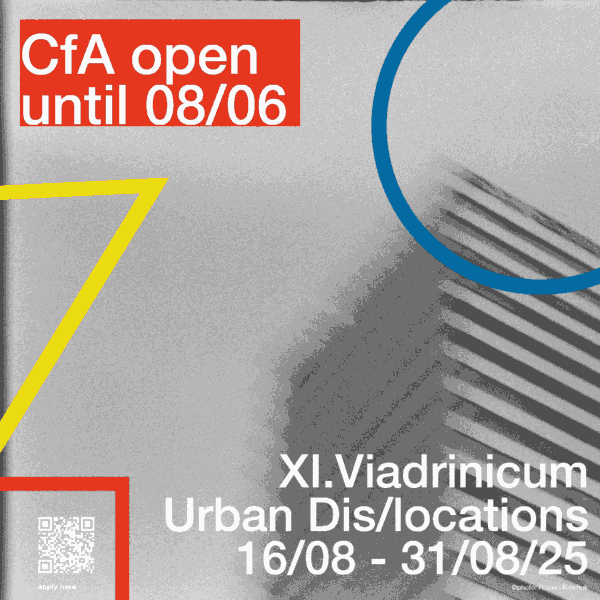
Utrecht, Netherlands
Eye Tracking Research Toolbox
When:
15 December - 17 December 2025
Credits:
1 EC
Read more
Social Sciences
When:
05 February - 09 February 2024
School:
Institution:
European Consortium for Political Research (ECPR)
City:
Country:
Language:
English
Credits:
4 EC
Fee:
492 GBP

"Immerse yourself in the world of Structural Equation Modelling (SEM) and by doing so you will learn about the foundation of this approach, how to specify, estimate, interpret and evaluate SEM models.
Need to know
A basic background knowledge in statistics (e.g., descriptive statistics, null-hypothesis testing, and regression analysis) is required.
In depth
Key topics covered
Over the course of five modules (one per day), a variety of topics that are fundamental to SEM are discussed.
Module 1
During module 1, you will be introduced to the very basics of SEM. This module will focus on questions such as: What is the difference between SEM and more conventional multivariate techniques, such as regression analysis? What are the advantages and specificities of the SEM approach? Module 1 introduces important terminology and notation systems, and provides an overview of different models in the SEM tradition.
Module 2
In Module 2, you will learn about a particular branch within the SEM family, namely latent variable models / measurement models / confirmatory factor analysis. This application allows us to discuss the issues of model specification, parameter estimation, model restrictions and identification in greater depth.
Module 3
Module 3 provides three different approaches to SEM estimation that each imply a different epistemological position. The wide variety of procedures to evaluate model fit is reviewed and the assumptions of the SEM model are discussed.
Module 4
Module 4 focuses on a second branch of the SEM approach: structural models. We cover examples such as path analysis, structural regression models and MIMIC models.
Module 5
Finally, Module 5 introduces the concept of multigroup SEM, and illustrates how this approach can be used in comparative research (including tests for measurement equivalence).
How the course will work online
Each of the modules combines a number of pedagogical tools and resources. Participants are required to prepare the module by watching pre-recorded short lectures (typically 3 lectures of 15 minutes each per module), process the essential readings, and prepare a short hands-on exercises analysing real data using R-package lavaan.
During a daily interactive session (3 hours), examples and additional topics are discussed in greater detail, and participants get ample opportunity to ask questions and feedback. The instructor and TA will organize office hours, so that participants can seek advice for their personal research projects."
Bart Meuleman is a Full Professor at the Centre for Sociological Research, KU Leuven (Belgium). Bart is the National Coordinator of ESS Belgium, co-supervisor of the Belgian National Elections Study and the Belgian Ethnic Minority Elections Study 2014 and
"Purpose of the course
By the end of this course, you will:
-be able to specify, estimate and interpret a CFA and SEM models, ranging from simple models to more complex ones (including multigroup models)
-understand a variety of fit indices used to evaluate SEM models
-have a better understanding of different approaches for measuring latent variables
-have the necessary knowledge to separate direct from indirect effects in explanation models"
Fee
492 GBP, ECPR Member - check if your institution is a member on our website.
Fee
985 GBP, ECPR Non-Member
When:
05 February - 09 February 2024
School:
Institution:
European Consortium for Political Research (ECPR)
Language:
English
Credits:
4 EC

Utrecht, Netherlands
When:
15 December - 17 December 2025
Credits:
1 EC
Read more

Frankfurt (Oder), Germany
When:
16 August - 31 August 2025
Credits:
0 EC
Read more

Cologne, Germany
When:
04 August - 08 August 2025
Credits:
4 EC
Read more